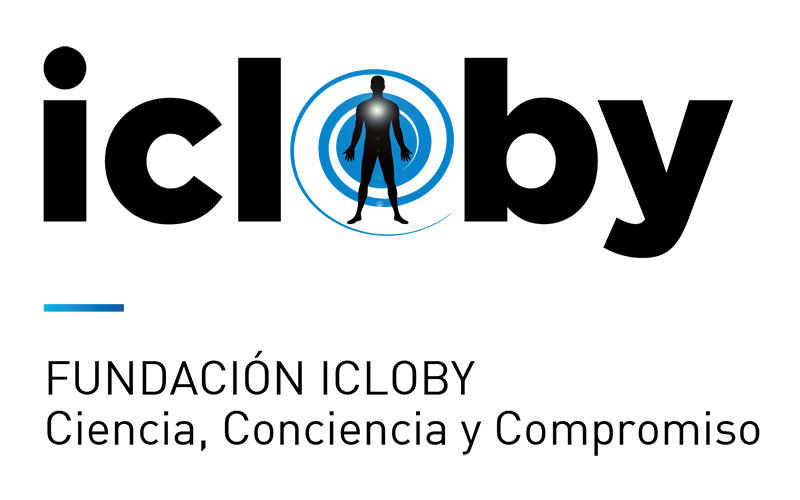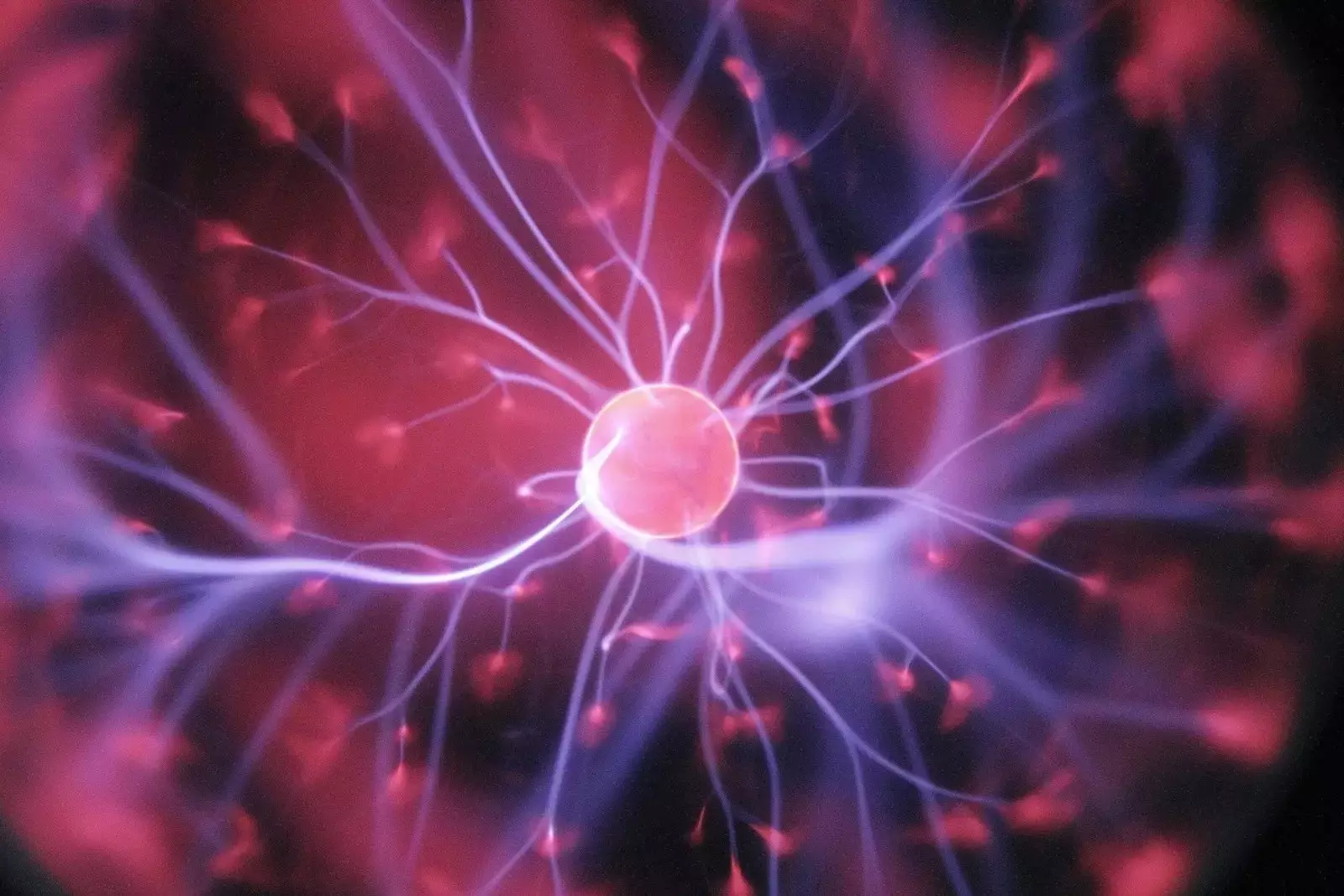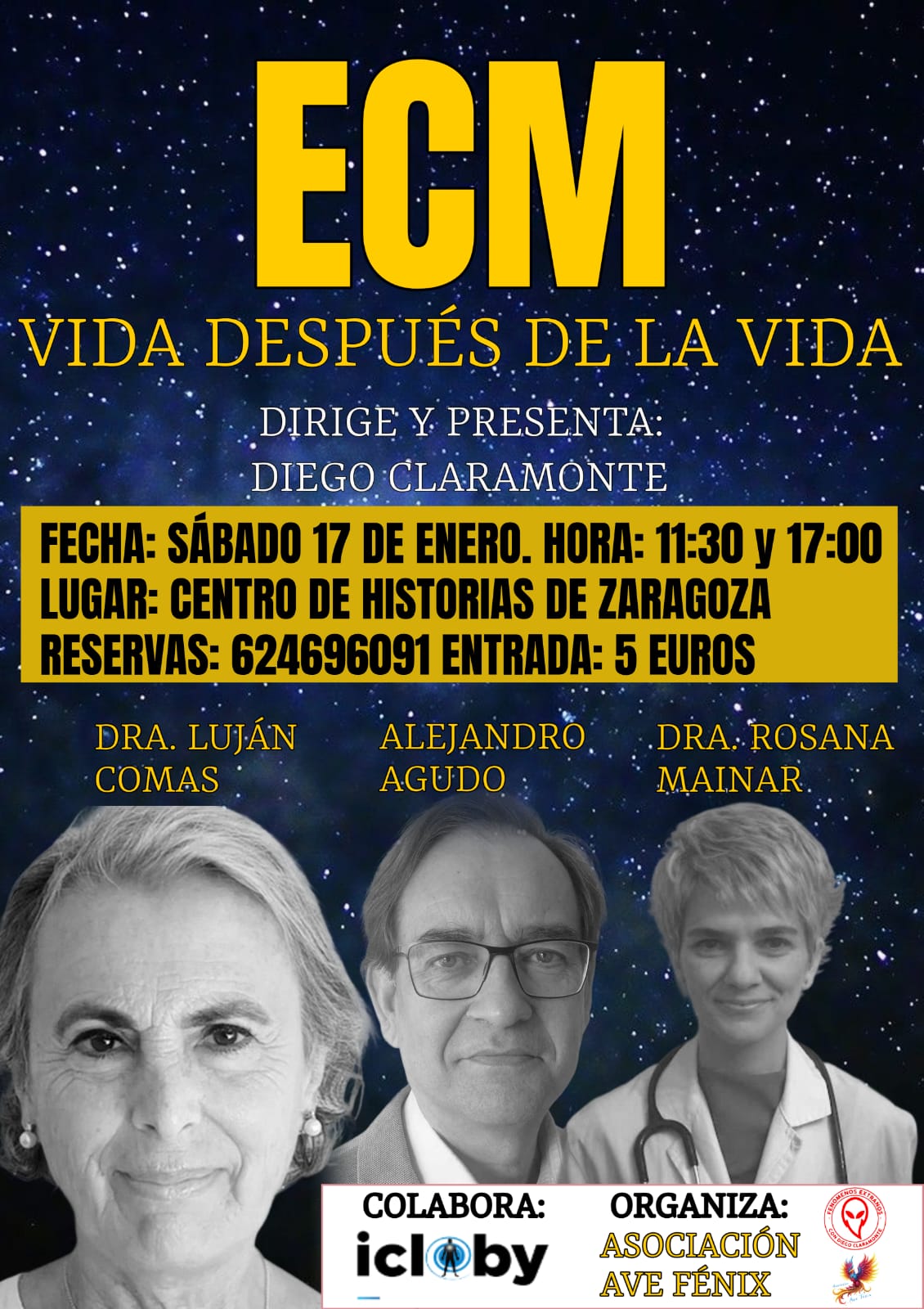While the article traces the origins of idealism back to Augustine of Hippo, its roots could arguably extend as far as Plotinus—or even Plato.
Bernardo Kastrup, who holds PhDs in both computer engineering and philosophy, is one of today’s most original and compelling philosophers. He champions analytical idealism, offering significant insights into how we should understand the world, consciousness, and reality itself.
Kastrup revives the idealist perspective not only of Augustine but, unexpectedly, also of Thomas Aquinas—two major figures of Scholastic philosophy. While idealism would reach its peak with Hegel, Kastrup does not deny the reality of experiential phenomena, allowing his ideas to align with modern scientific developments.
Where his originality stands out—thanks to his background at MIT and in computer science—is in asserting that experience does not transcend the mind; consciousness does not go beyond itself.
Two Kastrup, consciousness is a fundamental reality on which a complete theory of existence should be built, supported by advances in quantum physics and neuroscience.
He argues that materialism, physicalism, and naturalism are incomplete or false ontologies—models of reality that are neither necessary for science nor worth preserving. Reality, he claims, is fundamentally consciousness, and what we perceive as external reality is simply what is given to it.
Among these non-local phenomena, he includes PSI abilities like telepathy and remote viewing, as well as meditative states and experiences induced by certain substances. Contrary to expectations, these expanded states of consciousness—rich in depth and awareness—are often accompanied by a decrease in brain activity
If consciousness is merely a byproduct of brain activity, then why does brain activity decrease during such heightened states of awareness?
Kastrup uses this very paradox to reinforce his idealist model, where consciousness is fundamental—just as the seeds of this view were already present in Augustine’s Scholastic philosophy.
Òscar Llorens i Garcia





